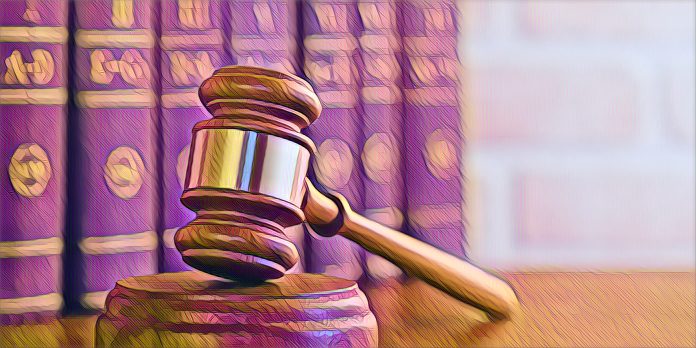Abuja, Nigeria – In a decisive ruling on Wednesday, Nigeria’s presidential election tribunal upheld the re-election of President Bola Tinubu, dismissing the petitions filed by the primary opposition parties, the People’s Democratic Party (PDP) and the Labour Party (LP). These parties had challenged Tinubu’s victory in the contentious February elections.
The tribunal, comprising a panel of five judges, ruled that the PDP and LP failed to substantiate their allegations of electoral fraud, irregularities, and President Tinubu’s ineligibility to run for the presidency. Their assertions that Tinubu wasn’t a Nigerian citizen by birth, lacked the necessary academic qualifications, and had conspired with the electoral commission to skew the results were deemed unsubstantiated.
The opposition’s plea to access the Independent National Electoral Commission (INEC) server was denied. They believed this server housed the authentic results of the election. However, the tribunal stated there wasn’t enough evidence to confirm the server’s existence or use in the electoral process.
As news of the verdict broke, jubilant supporters of President Tinubu gathered outside the court in Nigeria’s capital, Abuja. Tinubu, attending the G20 summit in India, expressed his delight over the tribunal’s decision. He appealed to all Nigerians to look beyond differences, urging unity and collaboration for the nation’s betterment.
On the other hand, the opposition was vociferous in its rejection of the judgment. Both parties, PDP and LP, signaled their intent to appeal to the Supreme Court. Accusations of bias and injustice were rife, with staunch affirmations that Tinubu had not legitimately won the election.
Former Vice President and PDP candidate Atiku Abubakar expressed dismay at what he labeled a “travesty of justice.” They reaffirmed his commitment to reclaiming what he believes to be his “stolen mandate.”
Meanwhile, LP’s torchbearer, former Governor Peter Obi, voiced his frustrations, calling the decision a “betrayal of democracy.” He vowed to continue championing the cause of those who cast their ballots in his favor.
The February 25 polls were undoubtedly among the most closely contested in the history of Nigeria. Tinubu secured 36.61% of the votes, trailing Abubakar at 29.07% and Obi at 25.40%. The election process was plagued by low turnout, episodes of violence, logistical issues, and allegations of vote manipulation.
Nigeria, as the most populous African nation and its economic powerhouse, stands at a crucial crossroads. Challenges like corruption, insecurity, poverty, and unemployment persist despite its potential. Tinubu, who initiated his presidential journey in 2015 by defeating the then-incumbent Goodluck Jonathan, has consistently vowed to combat these issues, aiming to usher in an era of prosperity and security.
Source: Vanguard News



